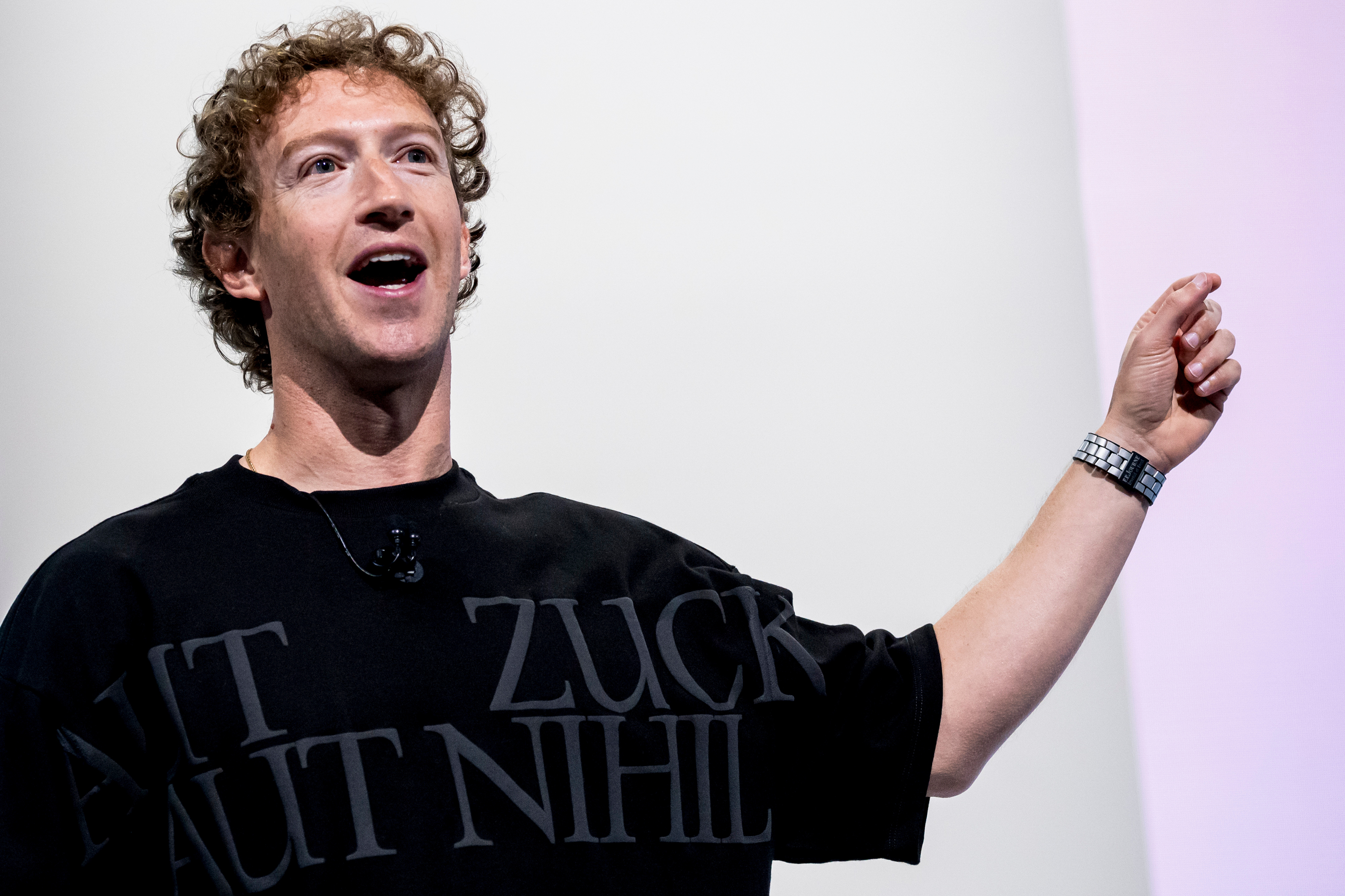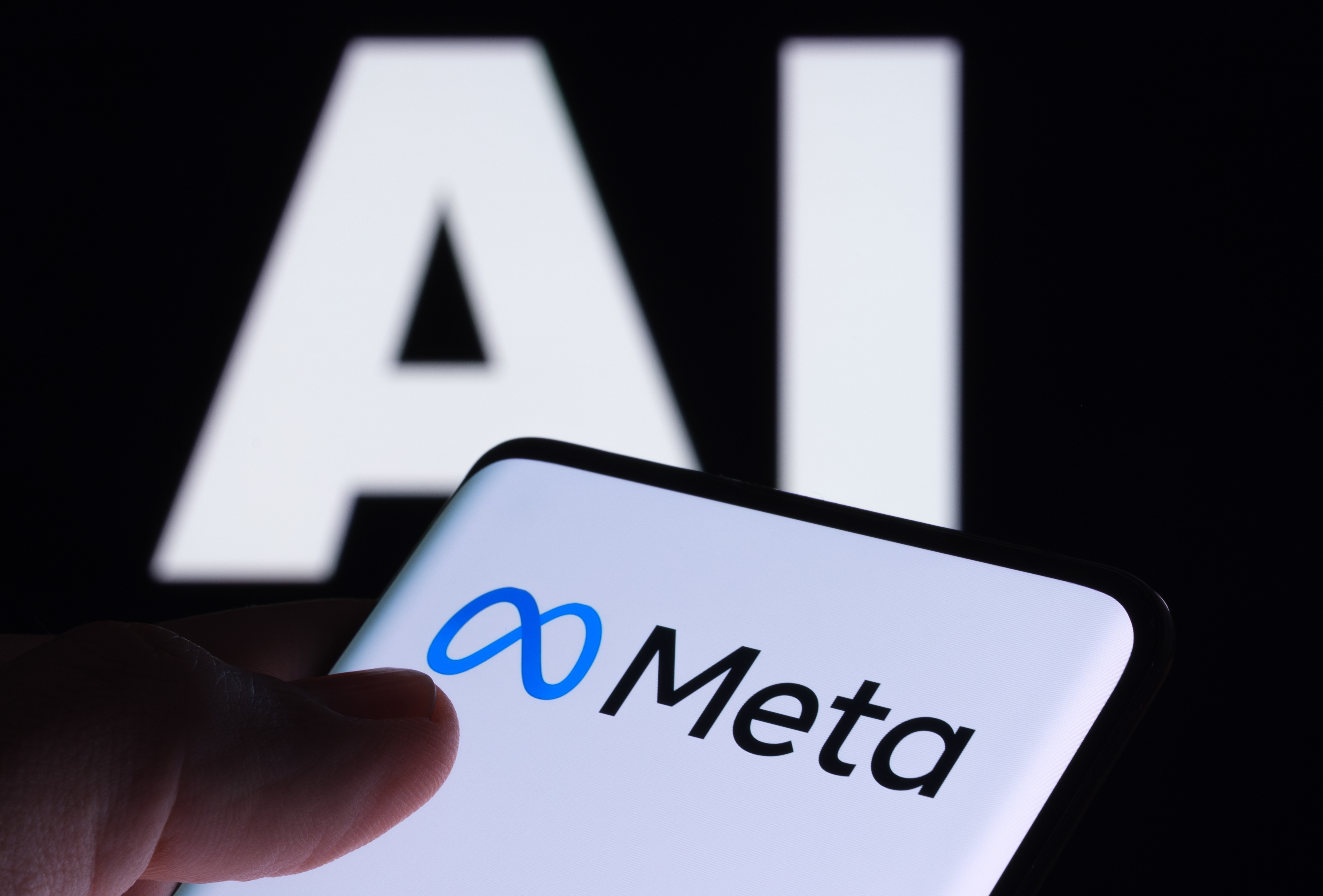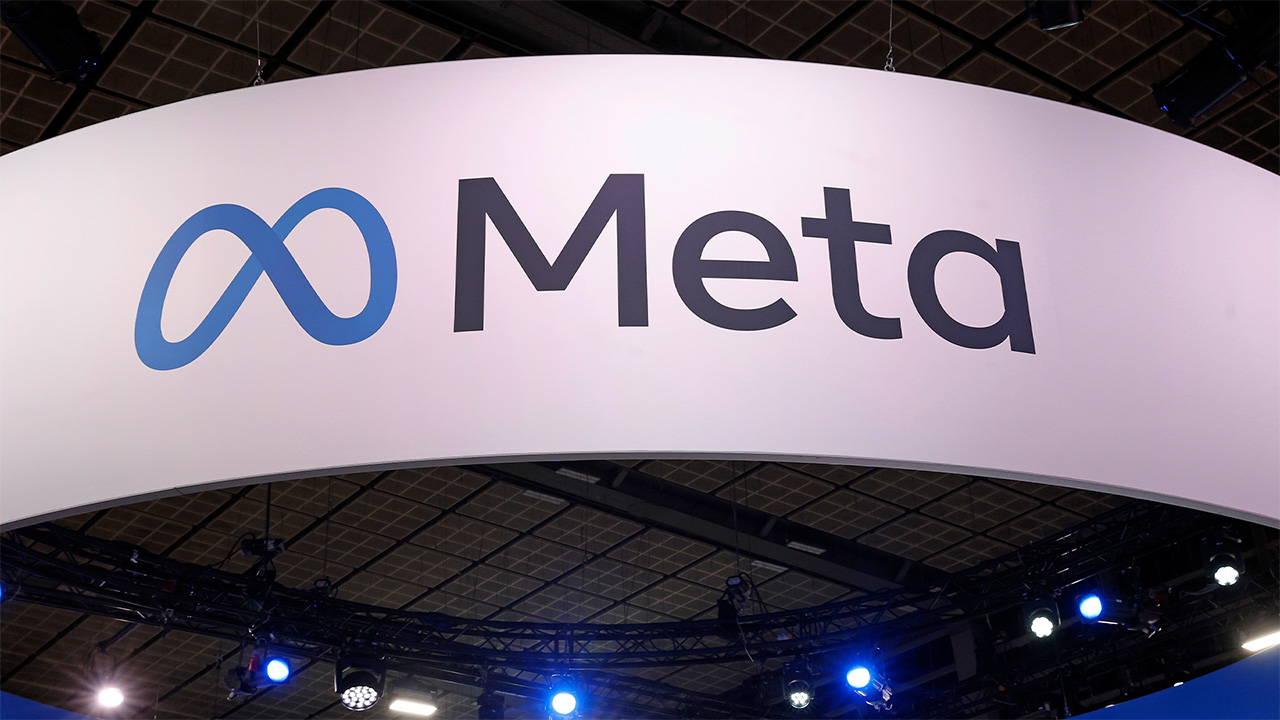Zuckerberg reveals Meta’s AI superintelligence breakthrough — and why you won’t be using it anytime soon
It may stay safer locked away

Here at Tom’s Guide our expert editors are committed to bringing you the best news, reviews and guides to help you stay informed and ahead of the curve!
You are now subscribed
Your newsletter sign-up was successful
Want to add more newsletters?

Daily (Mon-Sun)
Tom's Guide Daily
Sign up to get the latest updates on all of your favorite content! From cutting-edge tech news and the hottest streaming buzz to unbeatable deals on the best products and in-depth reviews, we’ve got you covered.

Weekly on Thursday
Tom's AI Guide
Be AI savvy with your weekly newsletter summing up all the biggest AI news you need to know. Plus, analysis from our AI editor and tips on how to use the latest AI tools!

Weekly on Friday
Tom's iGuide
Unlock the vast world of Apple news straight to your inbox. With coverage on everything from exciting product launches to essential software updates, this is your go-to source for the latest updates on all the best Apple content.

Weekly on Monday
Tom's Streaming Guide
Our weekly newsletter is expertly crafted to immerse you in the world of streaming. Stay updated on the latest releases and our top recommendations across your favorite streaming platforms.
Join the club
Get full access to premium articles, exclusive features and a growing list of member rewards.
Meta is shifting gears in the AI race, claiming its systems are beginning to improve themselves; a potential early step toward artificial superintelligence (ASI). But in the same breath, CEO Mark Zuckerberg says the company will no longer release its most advanced AI models to the public, citing safety concerns.
In a newly published policy paper, Zuckerberg revealed that Meta’s AI has started refining its own abilities without human input. While the pace is “slow for now, but undeniable,” he framed the breakthrough as a foundational moment on the path to ASI — AI systems that not only outperform humans in nearly every domain but can also evolve on their own.
Researchers often describe ASI as the next rung above artificial general intelligence (AGI), which matches human adaptability. AGI is considered the key milestone before an “intelligence explosion,” where AI could rapidly improve beyond human control.
From open source to locked down

For years, Meta has touted its open-source approach to AI, making large language models like Llama freely available to researchers and developers. Now, that policy is changing.
Zuckerberg says the company will continue releasing competitive models, but the most advanced systems will stay internal to prevent potential misuse.
ASI, he warned, introduces “novel safety concerns” that demand tighter controls, even at the expense of openness.
For those unfamiliar with what open source means, it's software that's built on the principle that its source code (the instructions that make it work) is freely available for anyone to view, use and modify. A good example of a completely open source chatbot is DeepSeek.
Get instant access to breaking news, the hottest reviews, great deals and helpful tips.
The openness allows developers worldwide to collaborate on improvements, fix security flaws, and adapt the software for specific needs. It also promotes transparency, since anyone can inspect the code to understand how it works and ensure it’s trustworthy.
However, it also comes with safety concerns like the ones Zuckerberg is referencing including guardrails can be removed, it's harder to know who is using the software for harm because there is little to no gatekeeping.
Inside Meta Superintelligence Labs

Meta’s superintelligence ambitions are now housed under a new division: Meta Superintelligence Labs. Launched in June 2025, the group is based in Menlo Park, California, and reportedly oversees development of the ultra-secret “Behemoth” model. Tech figures Alexandr Wang and Nat Friedman are said to be leading parts of the initiative.
Meta’s decision puts it at odds with rivals like OpenAI, which still provides limited access to its flagship models through public platforms.
The move raises bigger questions for the AI industry:
- Openness vs. safety: How much access should the public have to powerful AI?
- Competitive edge: Could holding back top-tier models give Meta a strategic advantage in the AI arms race?
- Collaboration risk: Will secrecy slow down shared progress in AI research?
Bottom line
Meta is planting its flag in the superintelligence conversation and it’s willing to change its long-standing approach to do it. It's hard to know if this is a necessary safeguard or a bid for exclusive AI dominance, but either way, it will likely define the next chapter of the company’s role in the AI race.
Follow Tom's Guide on Google News to get our up-to-date news, how-tos, and reviews in your feeds. Make sure to click the Follow button.
More from Tom's Guide
- I tested ChatGPT-5 vs Google Gemini 2.5 with 10 prompts — and there's a clear winner
- From hyper-personal assistants to mind-reading tech — this is how AI will transform everything by 2035
- Perplexity just made a $34.5 billion offer for Google Chrome — what you need to know

Amanda Caswell is an award-winning journalist, bestselling YA author, and one of today’s leading voices in AI and technology. A celebrated contributor to various news outlets, her sharp insights and relatable storytelling have earned her a loyal readership. Amanda’s work has been recognized with prestigious honors, including outstanding contribution to media.
Known for her ability to bring clarity to even the most complex topics, Amanda seamlessly blends innovation and creativity, inspiring readers to embrace the power of AI and emerging technologies. As a certified prompt engineer, she continues to push the boundaries of how humans and AI can work together.
Beyond her journalism career, Amanda is a long-distance runner and mom of three. She lives in New Jersey.
You must confirm your public display name before commenting
Please logout and then login again, you will then be prompted to enter your display name.
 Club Benefits
Club Benefits




















